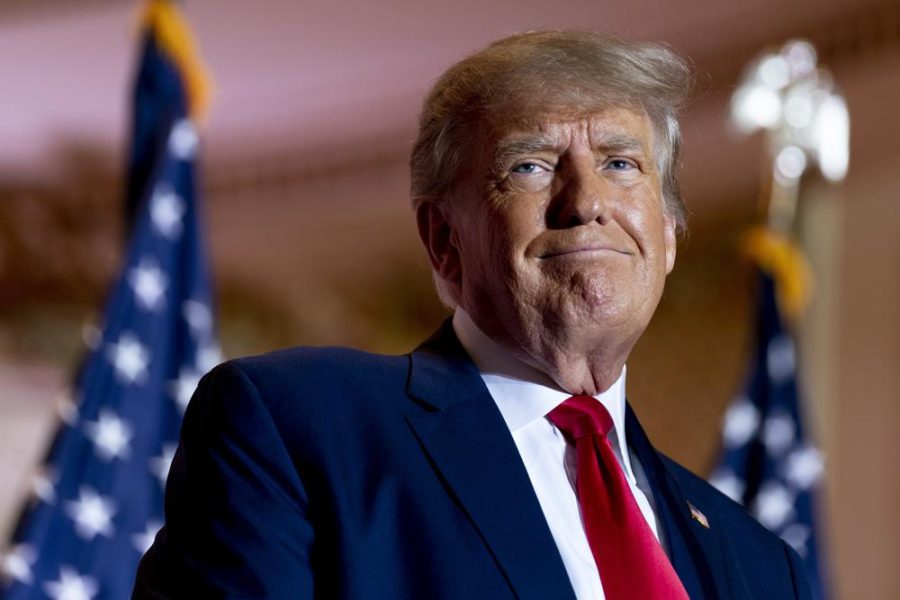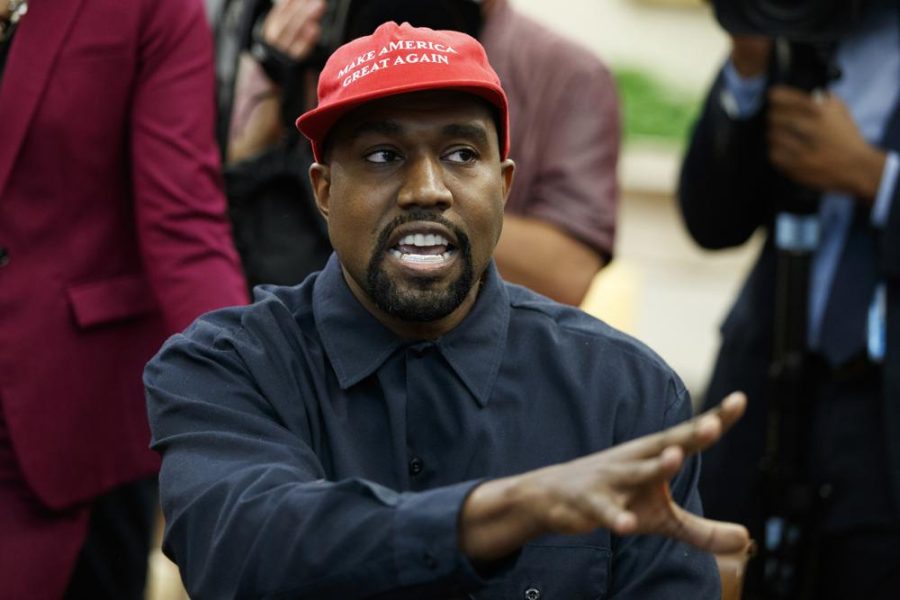Unless your name is Patrick Star, you’ve probably heard of “canceling.” You know, where someone does some kind of reprehensible act, and then the public shows their disapproval by ostracizing them? I mean, that’s what’s supposed to happen.
The idea is that we are holding those in power accountable for their misdeeds, but why is it that every time we do that, the person ends up being okay? Don’t believe me?
Exhibit A: Donald Trump. The guy literally led a siege against American democracy because he couldn’t handle losing a fair election, gets suspended from Twitter, then reinstated (thanks for nothing, Elon), and is still seen as a popular Republican presidential candidate for 2024 (on top of everything he did before January 6).

There are plenty of other examples, like Ye, formerly known as Kanye West, who is at the center of controversy after making multiple antisemitic comments and is still the ninth most streamed artist on Spotify this year.
And don’t forget about the late XXXTentacion, who seemed to admit to abusing his former girlfriend on a tape first reported by Pitchfork but continues to be revered in the hip-hop community. Many, many more names can be listed, but this piece would become a stat sheet if I did that.
I come back to the line Idris Elba’s character delivers in Molly’s Game (that American accent needs work, though): “When a rich guy goes to jail he spreads money around. His lawyer knows how to take care of it.”
Trump made his fortune in real estate and hotels before entering politics. Kanye was a producer, then a solo artist, and then built a multi-billion dollar fashion empire before his self-destruction. Even though he died young, XXXTentacion was a chart-topping rapper before controversy found him.
All of these people had made their contributions to society, and their money, before any kind of controversy could knock them down. More importantly, those in power have the luxury of hiring top-tier legal and PR teams that ensure they won’t lose any more money over bad press. They can simply hunker down and wait for the storm to pass, using their money and resources to insulate them.

But what ensures that those in power will stay there is us. We’ll still listen to their music, buy their clothes, watch their movies, go to their hotels, and vote them into office. As I said, these people that we’re trying to hold accountable have already established their popularity with the public.
We certainly don’t like what they did, but we sure like what they’ve given us. That’s why we do things like “separate the art from the artist,” which is literally cognitive dissonance. We want it both ways, and it only ends up supporting them.
This is why I don’t think canceling, in its current state, is effective. When those in power do face accountability, they’ve usually made enough money in their life not to care, and their lawyers will guarantee they’ll keep it that way. The worst part is that we’ll keep on buying their products and showing our support because what they have given society outweighs anything they say or do. In short, canceling doesn’t work because we don’t hit them where it hurts.
Unfortunately, real accountability involves sacrifice on our part, too. That means we need to stop buying their music, buying their clothes, following them on social media, watching their movies, or engaging with them in any other way.
We need to show them that we’ll be just fine without them. Because if we’re going to move on from them, then we’ve got to know what a world without them would look like.
___
For more information or news tips, or if you see an error in this story or have any compliments or concerns, contact editor@unfspinnaker.com.
















